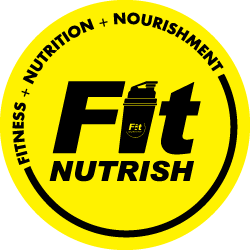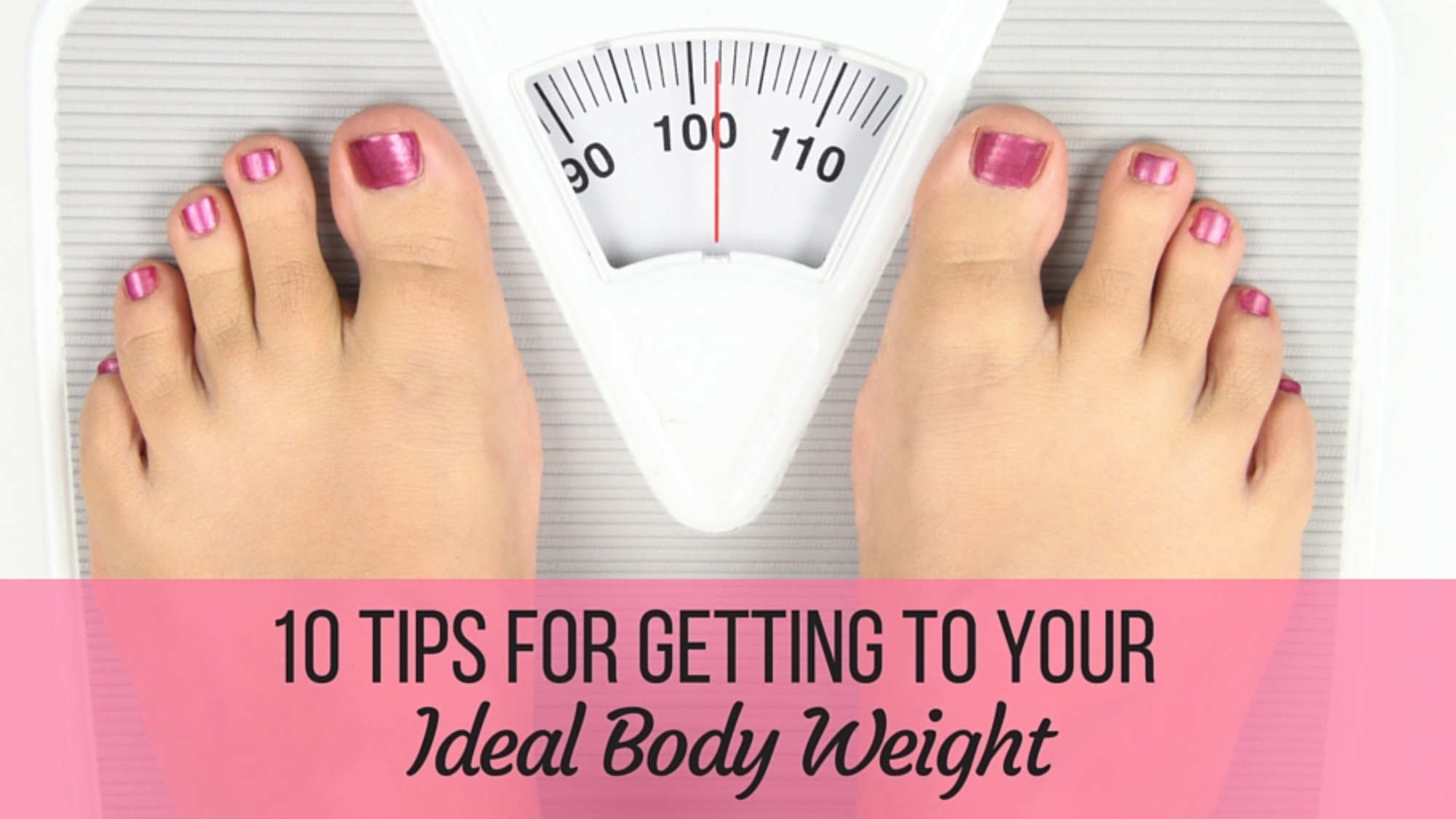Introduction
Achieve Your Best Body Reaching fitness goals is more than about appearance; it’s also about feeling strong, healthy and confident within yourself. While reaching these fitness goals may seem complicated initially, you can make significant strides toward creating your ideal self through simple lifestyle modifications and mindful choices. In this blog, we’ll go into depth about each of the ten quick tips designed to help you realize this vision as quickly as possible while increasing overall well-being and improving well-being.
1. Establish Clear Goals:
Goal-setting is at the core of every successful fitness journey, providing direction, motivation, and a sense of achievement as you advance along your fitness path. Take some time to define your objectives to be specific, measurable, attainable, relevant and timebound (SMART); for instance, saying you “want” to lose weight and set specific milestones like losing 20 pounds within six months as this helps keep focus and track success along your fitness path.
Practical Tip: Write out and post your goals somewhere prominent – such as on your bathroom mirror or refrigerator – to remain an ongoing reminder of your commitment.
2. Focus on Nutrition:
Nutrition is integral to reaching your ideal body. Switch from restrictive dieting and embrace a sustainable eating pattern by including more nutrient-dense whole food sources into your daily intake plan. Fill your plates with beautiful fruits and vegetables for essential vitamins, minerals, and antioxidants. Opt for lean proteins like chicken, turkey, fish, tofu or legumes as lean sources to support muscle repair and growth. Integrate whole grains such as quinoa, brown rice and oats into your diet for sustained energy and essential fiber for digestive health. Don’t forget about healthy fat sources like avocados, nuts, seeds and olive oil, as these help support brain function and hormonal equilibrium.
Practical Tip: Meal prepping will reduce your temptation to make unhealthy food choices when on the go or busy. Nutrition options are available for meal prepping and provide healthy food solutions whenever possible.
3. Integrate Regular Exercise into Your Routine:
Regular physical activity is integral to creating the best body possible, so make it part of your everyday schedule by finding activities you truly enjoy and making them part of a consistent fitness schedule. From dancing, cycling, swimming and hiking – or trying different fitness classes- the options for staying physically active are limitless – keep moving! Find activities that bring joy while making you look forward to exercising!
Practical Tip: For optimal fat-burning and muscle-toning results, incorporate cardiovascular exercises (brisk walking or running) and strength training into your routine to optimize fat-burning potential and tone up muscles.
4. High-Intensity Interval Training (HIIT):
HIIT workouts have become popular due to their effectiveness in burning calories and improving cardiovascular fitness. Typically consisting of short bursts of high-intensity exercise followed by brief rest periods, these intense sessions work your metabolism during and post-workout by creating the “afterburn effect, whereby calories continue burning off even after your session is done – an efficient solution for fat loss as well as overall fitness improvements.
Practical Tip: Begin your HIIT workout journey by selecting beginner-friendly routines allowing gradual increases in intensity and duration as you build fitness levels.
5. Strength Training:
Strength training is integral for optimizing both body and overall health. Strength training not only aids lean muscle gain but can also boost bone density, metabolic rate and functional strength. For best results, compound exercises targeting multiple muscle groups simultaneously, such as squats, deadlifts, lunges, bench presses and rows; for beginners, pushups, planks or bodyweight squats can make great starting points.
Practical Tip: Seek advice from an accredited personal trainer when designing a strength training program to meet your fitness goals and level.
6. Get Enough Sleep:
Quality rest is often underestimated but pivotal for creating your ideal body. While sleeping, your body repairs tissues such as muscles while balancing hormones influencing appetite and metabolism. Aim for at least 7 – 9 uninterrupted hours each night without electronic devices in an atmosphere conducive to restful slumber.
Practical Tip: Make sleep a priority by setting an effective schedule and creating an uncluttered sleeping environment free from distractions.
7. Manage stress:
Stress can be one of the greatest barriers to reaching your ideal body. Prolonged levels of anxiety can result in emotional eating and poor food choices, which will style your progress and progress goals. Find effective methods of controlling it, such as taking short breaks during your day to meditate or practice deep breathing; hobbies can help, as can spending time with family and engaging in outdoor activities that reduce tension levels.
Practical Tip: Include stress-reducing activities such as yoga or mindfulness meditation into your daily schedule to promote relaxation and mental well-being.
8. Be Consistent:
Staying consistent in any fitness journey is crucial for success. Set out a weekly workout schedule, sticking as closely to it as possible, plan meals ahead, and have healthy snacks readily available for snacks throughout your journey. Remember that progress takes time, so remain patient while remaining committed to reaching your goals; if any setbacks arise or motivation wanes, simply remind yourself why you started and celebrate the positive progress already accomplished!
Practical Tip: Consider seeking an accountability partner or joining a fitness community as you travel along your fitness journey. They’re there to keep you on the right path!
9. Avoid Skipping Meals:
Skipping meals may seem quick to cut calories, but this could lower increased energy and cravings for unhealthy food later. Instead, focus on eating three main meals plus several nutritious snacks regularly throughout the day to maintain steady energy levels without overeating or binge on unhealthy snacks later. Be sure each meal includes lean proteins, complex carbs and healthy fats to remain satisfied and well-nourished throughout the day.
Practical Tip: Pack healthy snacks such as vegetable sticks with hummus, Greek yogurt with fruit topping, or nuts between meals to stay fueled and prevent fatigue.
10. Stay Hydrated:
Water is essential to overall health and weight management. Stay hydrated by drinking enough water throughout the day. It will keep your cells functioning normally and maintain optimal hydration levels in your system, particularly before, during, and after exercise – by carrying a water bottle as a reminder to sip frequently throughout your day. If drinking plain water becomes difficult for you alone, infusing it with refreshing fruits like lemon slices, cucumber, or berry slices might add an enticing twist!
Practical Tip: Set hourly reminders or use a water tracking app on your phone to monitor hydration intake throughout the day and meet daily goals for water intake.
Conclusion:
Reaching your fitness goal requires long-term lifestyle changes and a positive outlook. By setting clear goals, prioritizing nutrition, engaging in regular physical activity and managing stress effectively, you’re well on your journey toward being healthier, fitter and more confident than before. Remember that everyone’s fitness journey and progress may differ as time progresses – be patient as your journey unfolds and celebrate each milestone!
As you advance on your fitness journey, you must listen and adjust your routine according to what works for your body. Always consult a healthcare provider or certified fitness expert before beginning any new exercise or nutrition plan to make sure it fits your needs and goals. Remember that finding your ideal body involves more than reaching its endpoint; it involves discovering ways to become the greatest version of yourself along the way!
Keywords: Reaching fitness goals, eating right and regularly exercising (such as high-intensity interval training or strength training ), sleeping enough quality time, stress reduction strategies, and consistent hydration practices can all play an essential part.

 Cart is empty
Cart is empty 